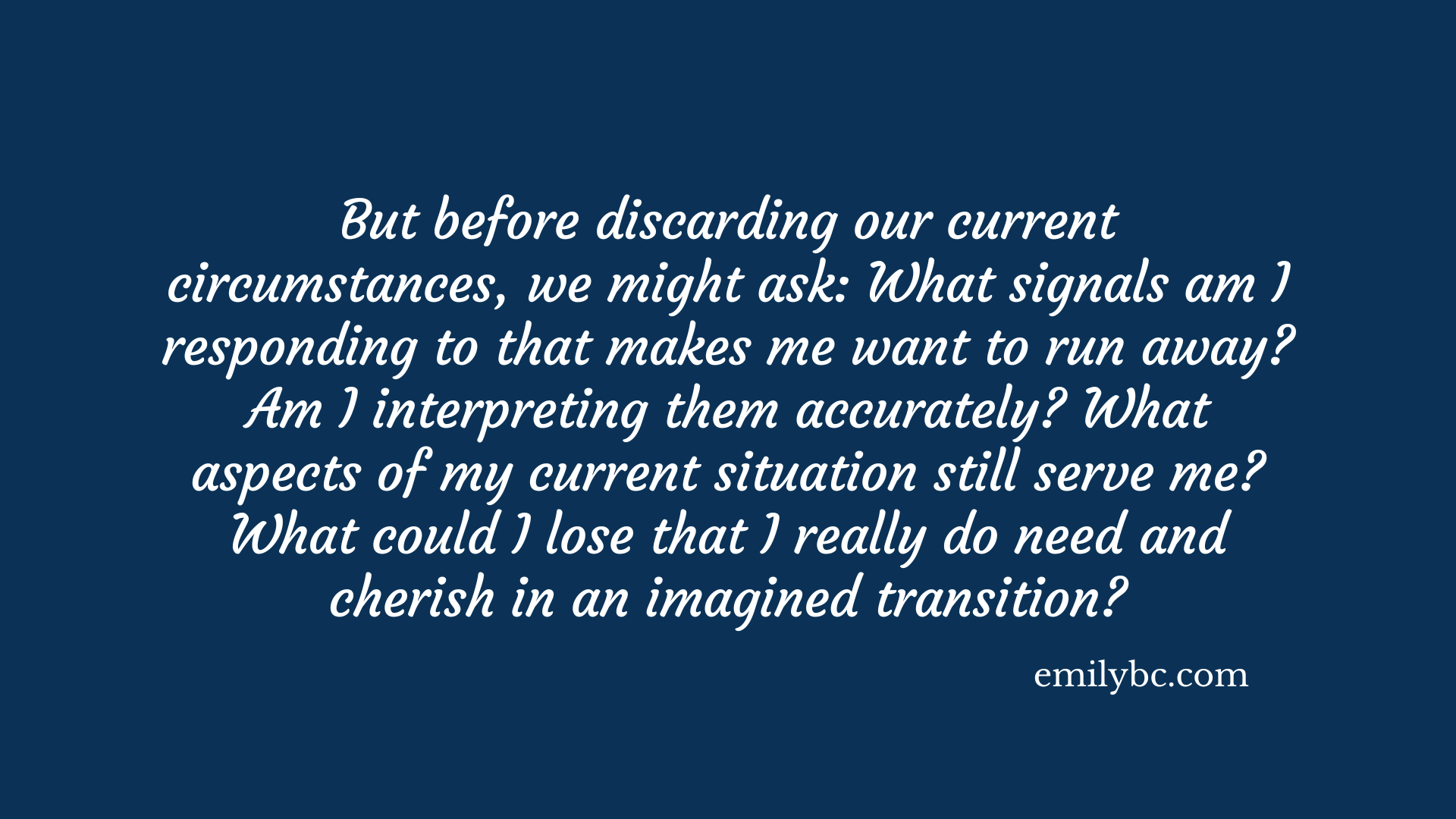When Paradise Calls

I was twelve when my father first floated the idea of moving to St. Thomas permanently. We owned a condominium there—a rental property that doubled as our family's annual escape hatch from frigid Midwestern winters.
The year was 1979. Gas lines stretched for blocks. Inflation was crushing middle-class families. The national mood was sour.
"What if we just moved here?" my father mused one evening, as we watched the sunset paint the Caribbean horizon in impossible pinks and oranges. The underwater national park where we'd spent the day snorkeling was visible from our balcony—a tropical fish tank we could dive into anytime.
I was immediately all in. Beach access! Year-round swimming! Trading snow boots for flip-flops! The adolescent brain isn't exactly known for its nuanced risk assessment.
My father, the entrepreneur, sometimes spoke his thoughts aloud before they'd fully formed—a trait I inherited and have spent decades trying to manage. It's hard to tell sometimes when it's just brainstorming and when it becomes a real plan. Imaginative excitement about possibilities often outpace practical considerations.
A few weeks later, rising violent crimes on the island with racial undertones made the papers. Just like that, my father's Caribbean dreams evaporated. We returned to our regular lives, the fantasy shelved alongside vacation photos.
I find myself thinking about this episode lately whenever friends announce they're researching emigration options. The refrain has become common in my social circles: "If things get worse politically, I'm moving to [Portugal/Canada/New Zealand]."
These conversations carry the same emotional energy as my father's St. Thomas proposition—a mix of genuine concern and fantasy escape. They're a pressure valve, a way of saying: "I can leave this situation if it becomes unbearable."
In my Managing Impermanence framework, this represents a classic decision point on the spectrum of affirmation: grounding or letting go? Do we invest more deeply in our current reality, or pivot toward a new one?
I've noticed something important about these escape plans. They often focus on what we're running from, not what we'd be running to. A vacation destination or a location in a favorite book or movie isn't necessarily a place where you can thrive long-term. The infrastructure that makes a place wonderful for two weeks might prove insufficient for building a balanced and meaningful life.
The impulse to escape isn't wrong. Sometimes, situations genuinely call for exit strategies. But before discarding our current circumstances, we might ask: What signals am I responding to that makes me want to run away? Am I interpreting them accurately? What aspects of my current situation still serve me? What could I lose that I really do need and cherish in an imagined transition?
Perhaps most importantly: How might I bring more of what I'm seeking elsewhere into my current environment?
If we dream of Portuguese café culture, could we create more community spaces in our neighborhoods? If we admire Canada's social safety net, could we advocate more effectively for policy changes at home? If New Zealand's natural beauty calls to us, could we spend more time in our local parks and wilderness areas?
Managing impermanence isn't just about knowing when to let go—it's about discerning which parts of our lives need reinvention versus renovation.
Sometimes I wonder what would have happened if we'd moved to St. Thomas. Would the daily realities—school systems, healthcare access, economic opportunities—have measured up to the vacation fantasy? Or would we have traded familiar problems for unfamiliar ones?
I don't know. But I've learned that the question "Should I stay or should I go?" often masks a more useful one: "How can I bring more of what I'm seeking elsewhere into my life right now?"
The most sustainable approach might be learning to vacation in our everyday lives—finding pockets of beauty, connection, and respite without resorting to leaving the country.
"Why did you leave America
Why did you let me down
And now that things seem better off
Why do you come around
You know I just can't see you now
In my new world crystal ball
You know I just can't free you now
That's not my job at all"
— Van Morrison

